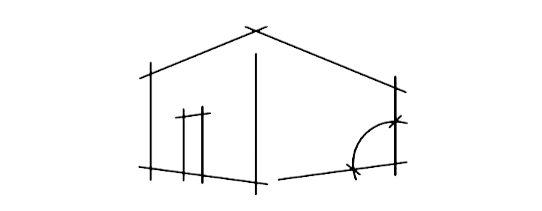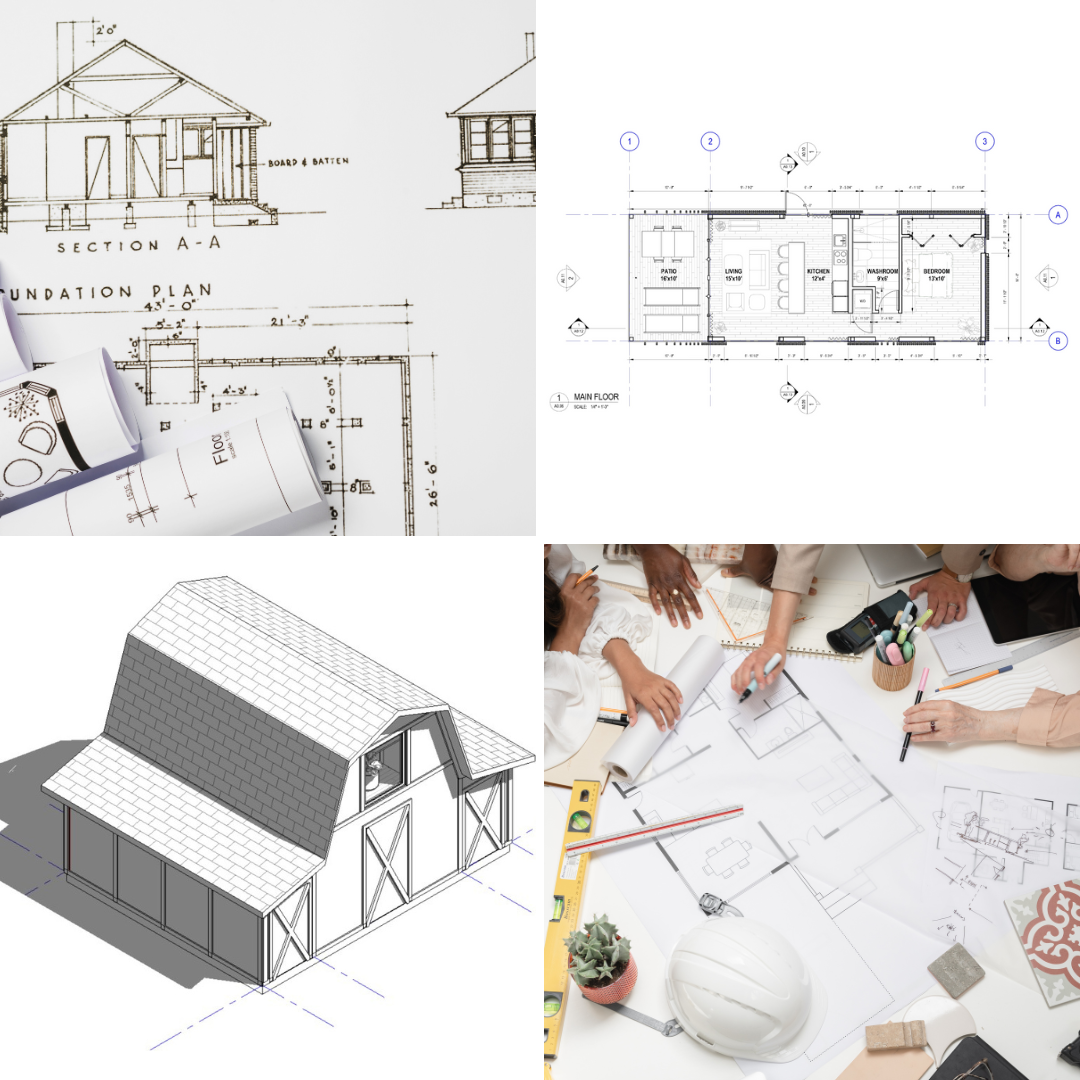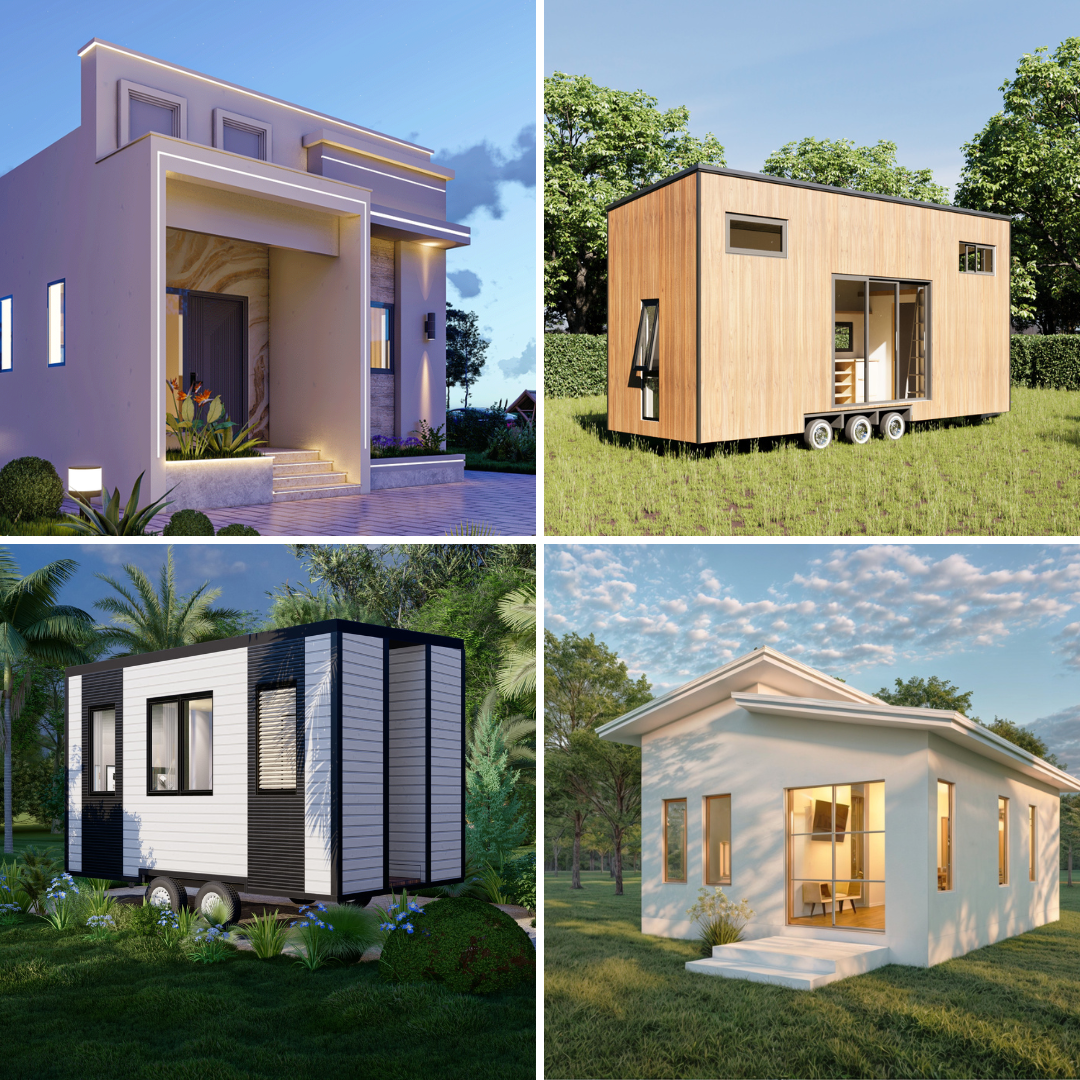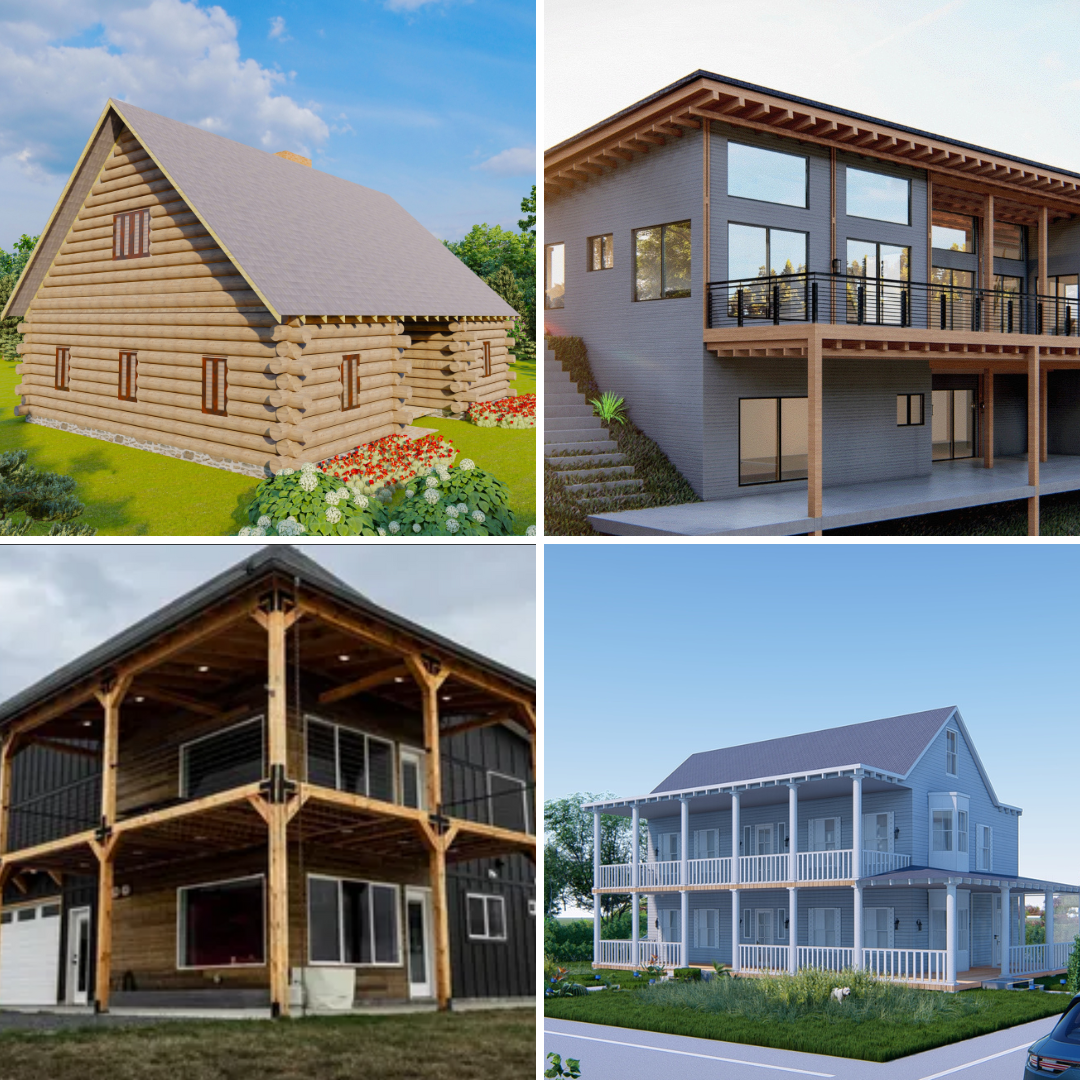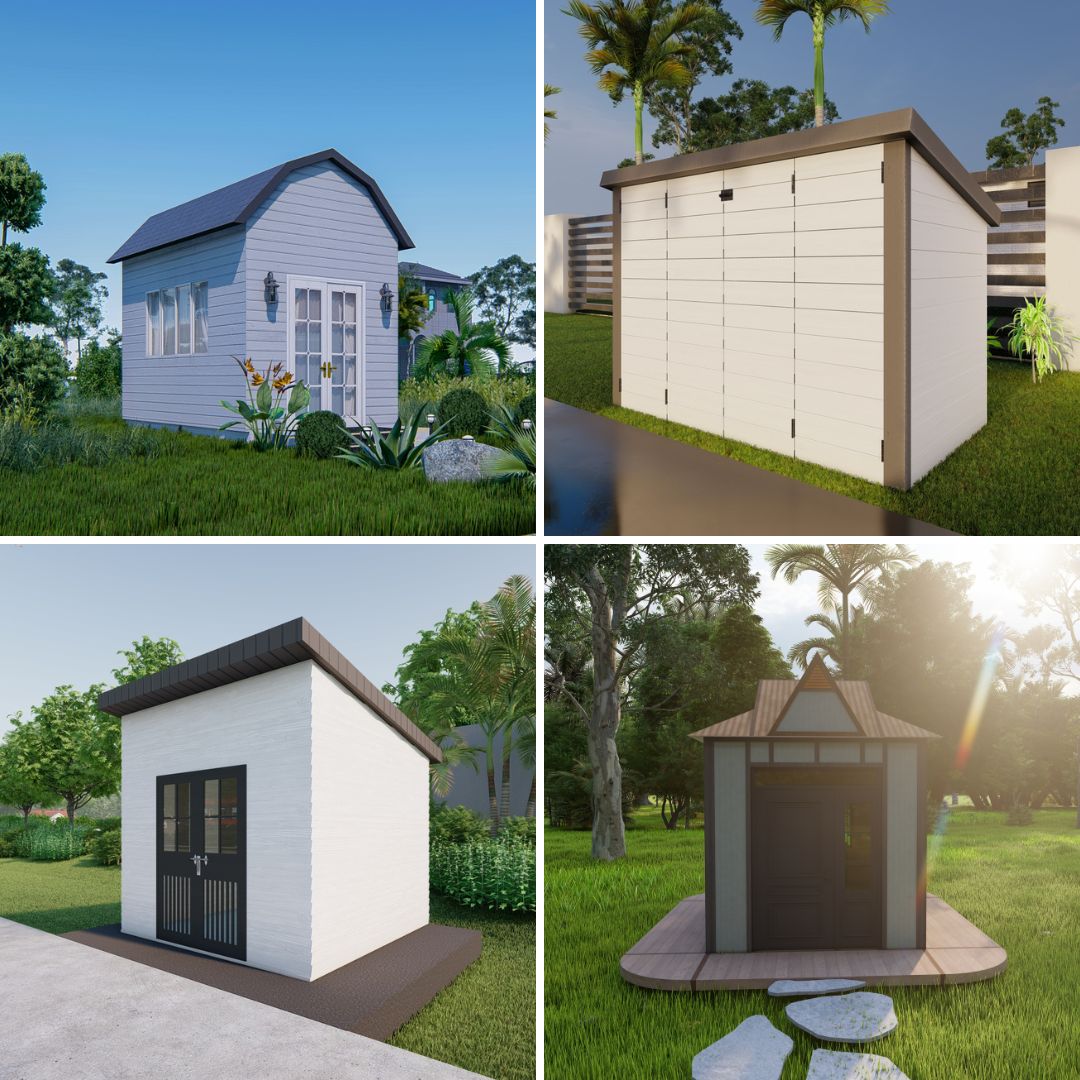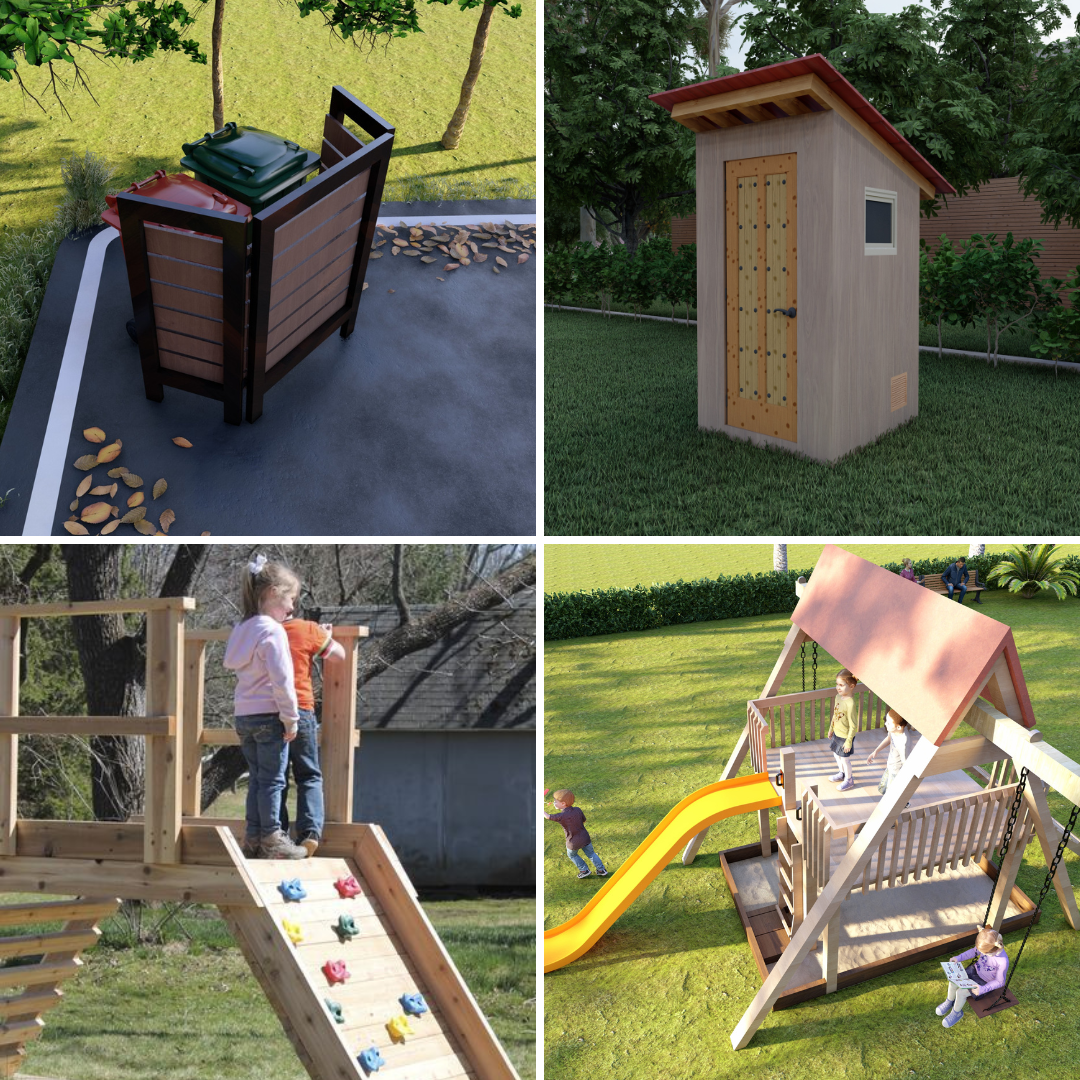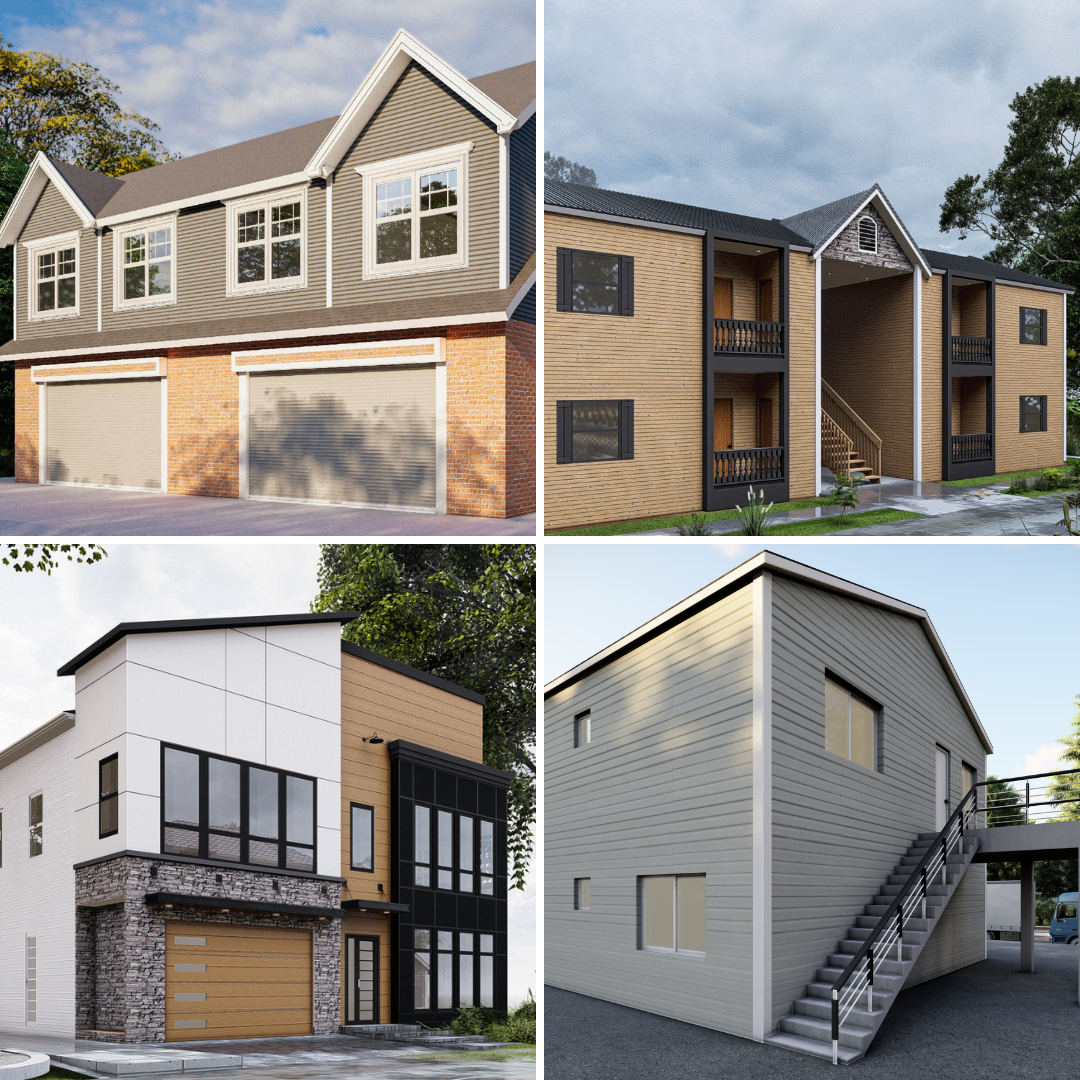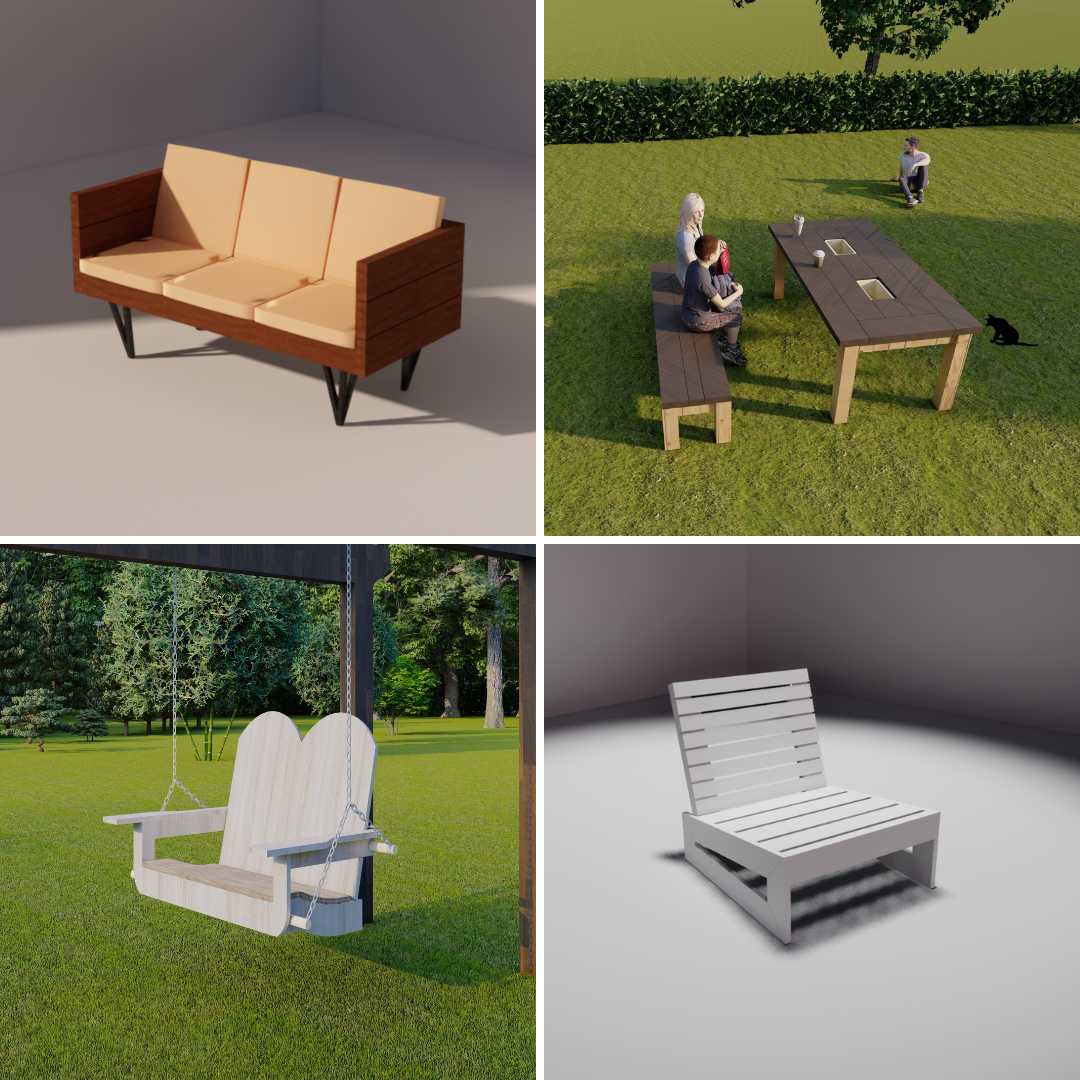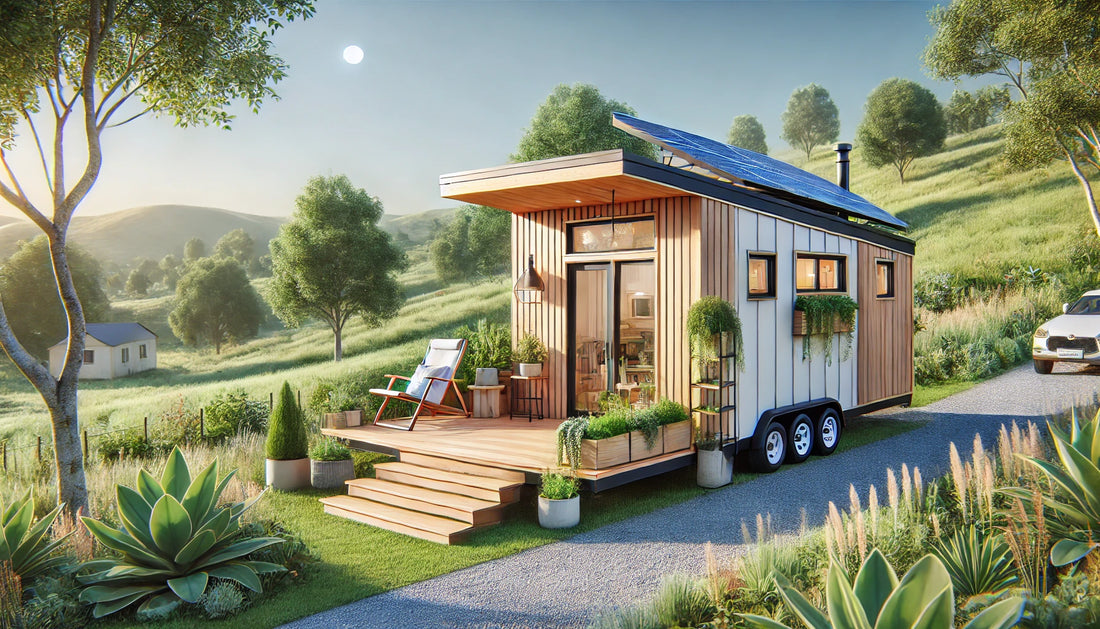
Tiny Homes on Wheels: Pros, Cons, and Essential Tips
Share
Tiny homes on wheels (THOWs) are redefining how we think about housing and mobility. These compact, transportable living spaces have captured the imagination of those seeking a minimalist lifestyle, financial freedom, or the ability to travel without giving up the comforts of home. As the tiny house movement grows, many are discovering the charm and practicality of THOWs. Whether you’re considering one for full-time living or as a secondary residence, understanding the pros and cons is essential before taking the plunge.
If you’re intrigued by the idea of designing your dream THOW, Tiny Home & Cabin Plans offers detailed resources to help you create a space that reflects your unique style and needs. Exploring their designs can be an excellent starting point for your journey into tiny living.
For those just learning about tiny home living, understanding construction and layout options can be overwhelming. Resources like Tiny Home House Plans simplify this process, offering expertly crafted designs tailored to small spaces. These guides save time and ensure your tiny home is both functional and beautiful.
1. The Advantages of Tiny Homes on Wheels
Tiny homes on wheels offer a unique set of benefits that appeal to people looking to simplify their lives or embrace a mobile lifestyle.
Mobility and FreedomOne of the most appealing aspects of THOWs is their mobility. Unlike stationary homes, these dwellings allow you to take your living space with you wherever you go. For adventurers or those with jobs that require frequent relocation, THOWs provide a sense of continuity and stability without sacrificing the excitement of exploration.
This mobility also opens the door to opportunities for flexible work-from-home setups. Imagine waking up to a mountain view one week and parking near a serene beach the next—all while keeping your same cozy home base.
Financial SavingsThe affordability of tiny homes on wheels is another significant advantage. The cost of building or purchasing a THOW is typically much lower than that of a traditional home, making homeownership more accessible to people who might otherwise struggle to enter the housing market. Additionally, the smaller space often results in lower utility bills and maintenance costs, saving money in the long run.
For those looking to live debt-free or downsize expenses, a THOW can be a smart investment. Many owners also report that the minimalist lifestyle helps them focus on experiences rather than accumulating material possessions.
Eco-Friendly LivingTHOWs are a great option for environmentally conscious individuals. Many are built using sustainable materials, incorporate energy-efficient systems, and can even function off the grid with solar panels, rainwater harvesting systems, and composting toilets. By reducing your living space, you naturally reduce your environmental footprint, making tiny homes an eco-friendly housing solution.
Embracing SimplicityThe minimalist lifestyle encouraged by tiny living often leads to a sense of freedom. Without the burden of excess belongings or large spaces to maintain, many THOW dwellers find themselves prioritizing meaningful experiences and relationships over material possessions. This shift can lead to a more fulfilling and intentional life.
2. The Challenges of Living in a Tiny Home on Wheels
While the benefits of THOWs are compelling, there are several challenges to consider before committing to this lifestyle.
Space ConstraintsLiving in a tiny home requires significant downsizing. This can be particularly challenging for individuals or families accustomed to larger living spaces. Storage solutions need to be creative and efficient, and you’ll need to evaluate which belongings truly add value to your life.
For some, the lack of privacy or personal space may become an issue, especially if multiple people share the home. It’s essential to plan your layout carefully to ensure everyone has a comfortable and functional living area.
Legal and Zoning HurdlesNavigating the legal aspects of living in a THOW can be complex. Zoning laws and building codes vary by location, and not all areas are friendly to tiny homes. Some regions restrict where you can park your THOW or require specific certifications to deem them roadworthy or habitable.
Researching these requirements beforehand is crucial to avoid legal complications. Joining online communities or consulting with local officials can provide valuable insights into how to legally park and live in your tiny home.
Weather and DurabilityTiny homes on wheels are not always designed to withstand extreme weather conditions. Insulation, heating, and cooling systems need to be top-notch, especially for those planning to live in areas with harsh winters or scorching summers. Additionally, proper ventilation is critical to prevent issues like mold and condensation in small spaces.
Durability is another factor to consider. Because THOWs are mobile, they are subjected to wear and tear from frequent movement. Investing in quality materials and construction can mitigate these risks.
Maintenance and RepairsLiving in a THOW means taking responsibility for both your home and the vehicle that tows it. Regular maintenance is essential to ensure everything runs smoothly, from plumbing and electrical systems to the towing hitch and trailer wheels. Neglecting maintenance can lead to costly repairs and potentially unsafe living conditions.
3. Essential Tips for Building and Living in a Tiny Home on Wheels
To make the most of your THOW experience, consider these practical tips:
Plan Your Layout ThoughtfullyIn a tiny home, every inch matters. Focus on designing a space that maximizes functionality and minimizes wasted areas. Multi-functional furniture, such as a bed that doubles as a desk, can be a game-changer. Built-in storage solutions and open floor plans are also essential for optimizing space.
For inspiration, check out professional designs like those offered by Tiny Home House Plans. These layouts are created with efficiency and style in mind, ensuring you don’t have to sacrifice comfort for space.
Use High-Quality MaterialsDurability is key when building a home that will frequently be on the move. Lightweight yet strong materials, such as steel framing or durable wood, can withstand the stress of towing. Invest in high-quality windows, roofing, and insulation to ensure your home is both energy-efficient and capable of handling various climates.
Balance Weight DistributionWeight distribution is a critical consideration when constructing a THOW. Improperly balanced homes can be difficult to tow and potentially dangerous on the road. Work with a professional builder or consult engineering guides to ensure your home is stable and road-ready.
Research Parking OptionsOne of the biggest hurdles for THOW owners is finding suitable places to park. Some opt for RV parks, while others choose private land or participate in tiny home communities. Understanding local zoning laws and property agreements is crucial to avoid fines or evictions.
Joining online forums or social media groups can help you connect with other tiny home enthusiasts and discover THOW-friendly locations. These communities often share valuable advice and resources for navigating the lifestyle.
Plan for Off-Grid Capabilities
Off-grid living is a popular choice for THOW owners, especially those who value self-sufficiency. Solar panels, composting toilets, and water storage systems can make your home more versatile and eco-friendly. Even if you don’t plan to live off the grid full-time, having these options can be helpful in remote areas.
ConclusionTiny homes on wheels offer a unique combination of mobility, affordability, and sustainability, making them an attractive option for those looking to embrace a simpler, more intentional way of living. While challenges such as space constraints, legalities, and maintenance exist, careful planning and research can help mitigate these obstacles.
Whether you’re drawn to the idea of financial freedom, reducing your environmental footprint, or simply living a life untethered, a THOW can provide the perfect blend of practicality and adventure.
